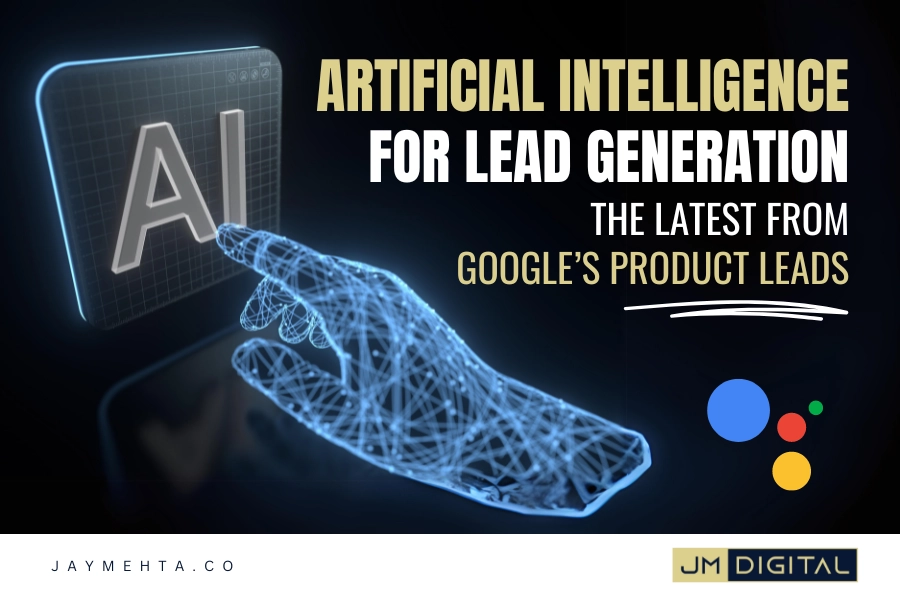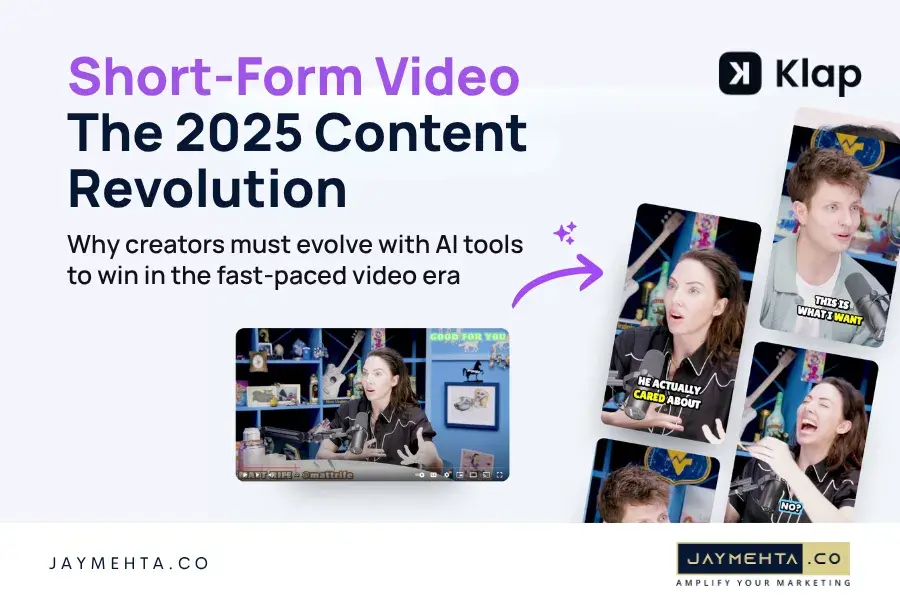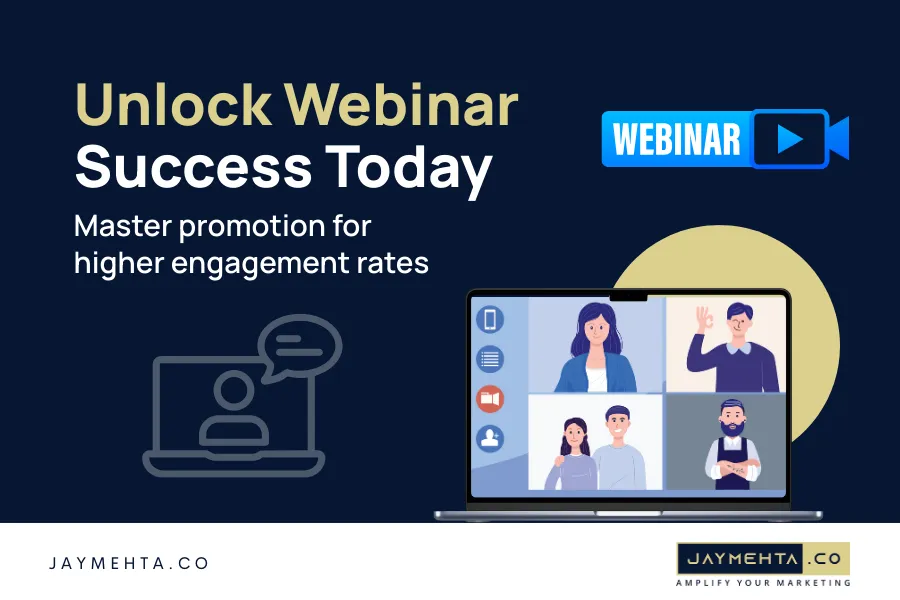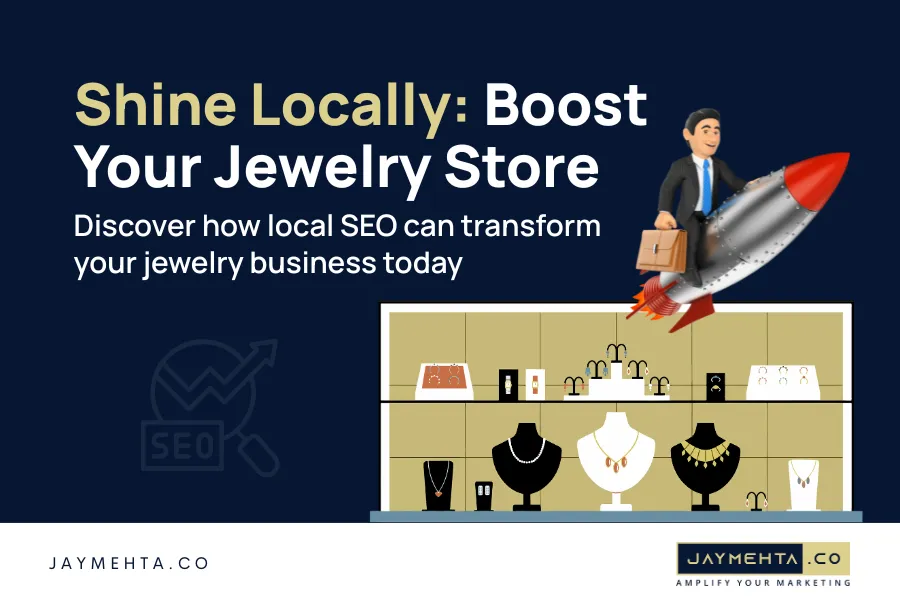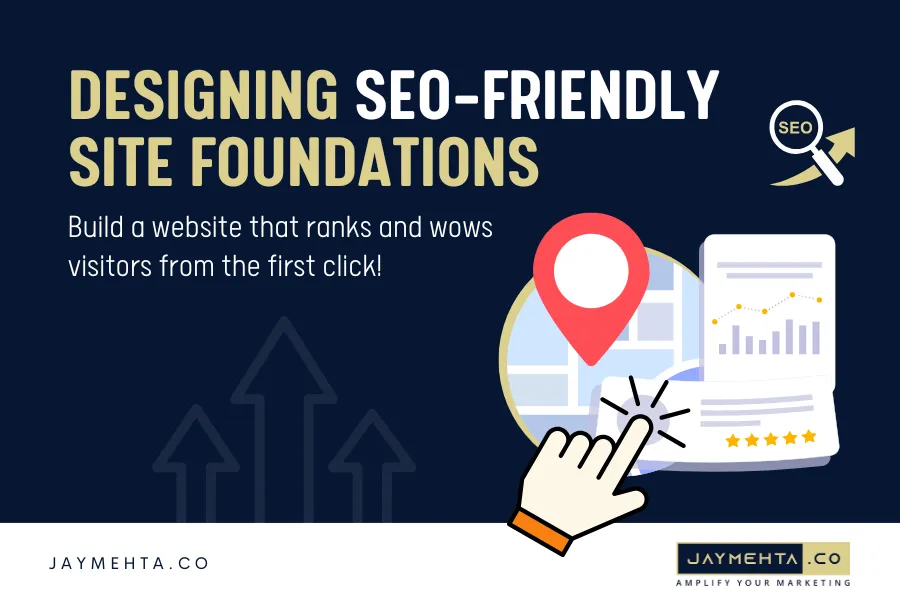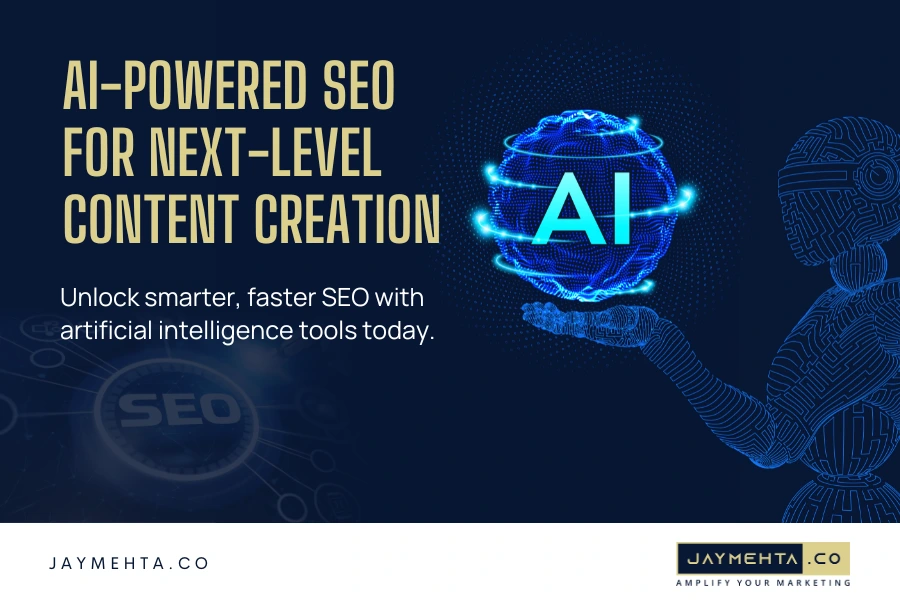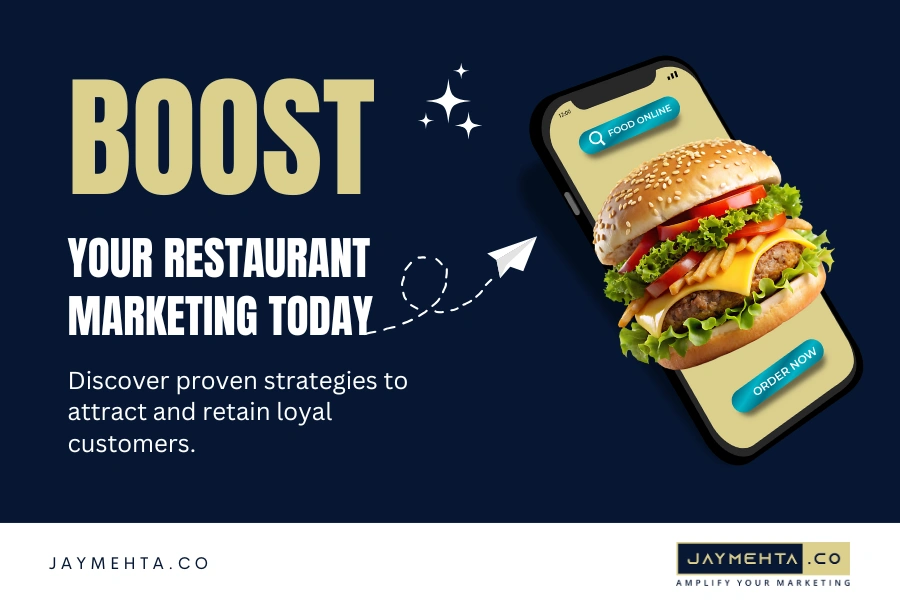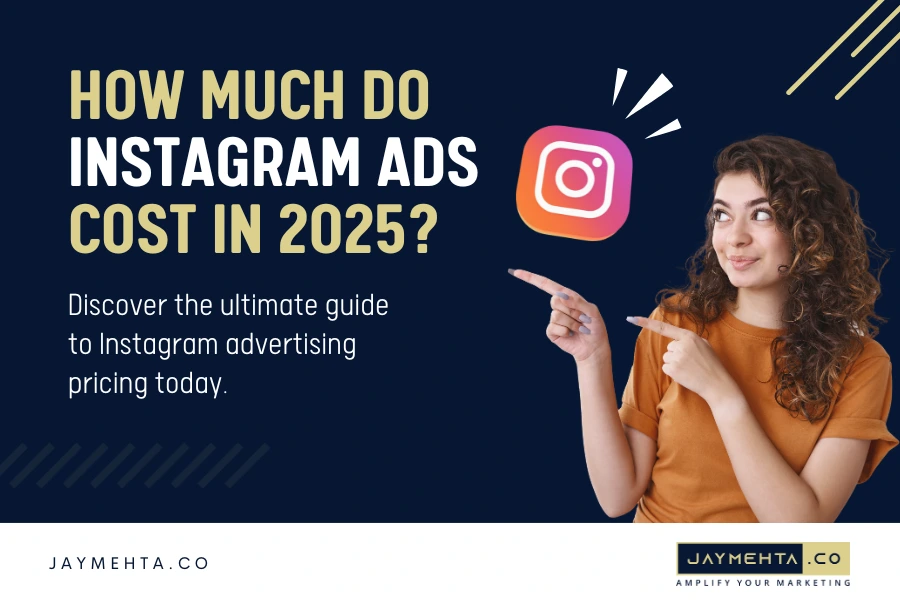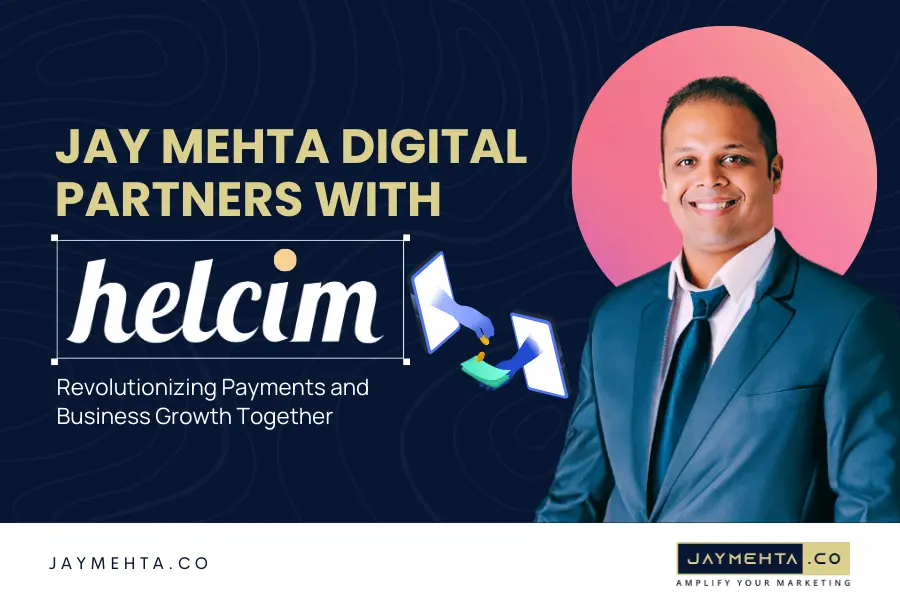Imagine this: a potential customer stumbles across your website, intrigued by your product or service. They browse, they consider, then...poof! They vanish without a trace. Frustrating, right? You have no idea where they went or why they didn't convert.
But what if you could peek behind the curtain and see their entire journey? What if you could understand not just the online clicks but the phone calls, store visits, and final decisions that turn a casual browser into a loyal customer?
This, my friend, is the power of Google AI for lead generation. By leveraging cutting-edge AI tools, you can unlock the secrets of your customer journey, optimize your marketing strategies, and generate more leads than ever.
But Google AI isn't just about knowledge; it's about efficiency. Discover how AI automation can streamline your workflow, freeing you to focus on what matters most – connecting with your customers.
So, are you ready to crack the code of customer behavior and unlock the full potential of your lead generation efforts? Let's dive in and empower you to transform those core customers into loyal brand advocates!
Harnessing Google AI for Lead Generation in 2025
Leading in lead generation demands relentless innovation—essential, not optional. There is no tool more powerful than Google's suite of AI features. If you want to succeed in lead generation in 2025, you must unleash the Power of Google AI. Here are the key takeaways to make it happen.
-
Understanding Your Client's Lead-to-Sale Journey:
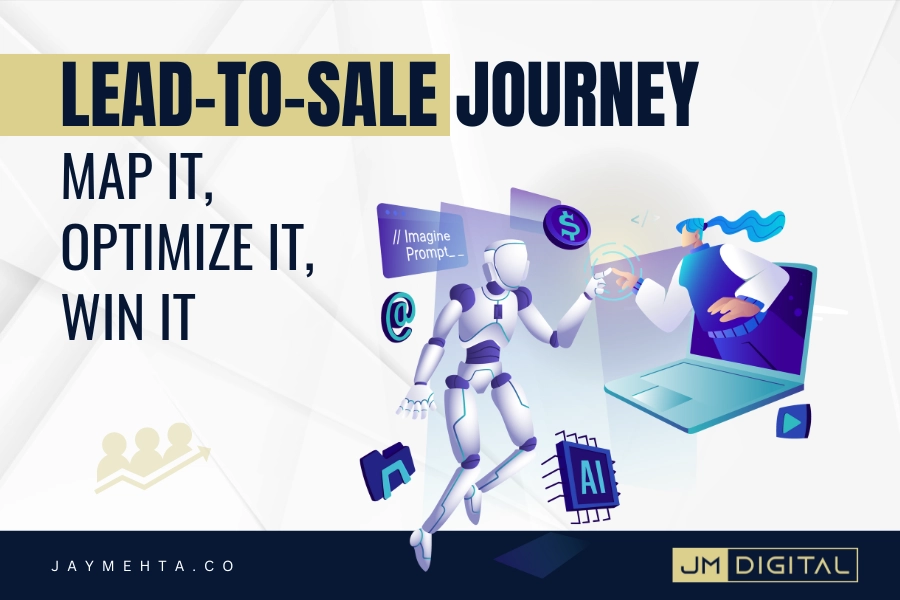
Advertisers must delve deeper into understanding each client’s unique lead-to-sale journey. Traditionally, the focus has been primarily on online conversions, with many advertisers relying solely on Target CPA or Maximize Conversions as their bidding strategies for lead generation.
A significant challenge lies in the hesitancy to implement offline conversions. However, to truly optimize value-based bidding, it's crucial to understand post-online conversion dynamics. Key questions to address include:
-
Time taken to progress to the next step (Time lag)
-
Conversion rate of leads to the next step
-
Automatic tracking of this information by Google
-
Regular export of this data if automatic tracking isn't possible
-
Assigning a value to each step (Values)
-
Determining whether the value varies for each lead (Dynamic vs. Static Values)
-
Key Takeaway!
Don't just focus on online conversions. Map out the complete conversion funnel, including offline conversions like phone calls, in-store visits, or completed applications.
Read also : How to Get More Calls for My Business
-
Why it Matters?
You can leverage Google's value-based bidding strategies by understanding conversion rates at each stage and assigning values to them (e.g., a phone call might be worth $10, while an enrollment could be worth $1000).
This empowers Google Ads to fine-tune campaigns and prioritize actions most likely to drive valuable leads and sales. Imagine setting up a campaign for an education client with separate bids for "Contact Us" form submissions and actual enrollments.
-
-
The Evolution from GCLID to Enhanced Conversions
As privacy becomes an increasingly important concern, the digital world is evolving to meet users' needs. Google's plan to phase out third-party cookies by late 2025 is just one example of this evolution, and it presents an opportunity for businesses to explore new and innovative methods for measuring conversion attribution. By embracing change and thinking creatively, we can continue to grow and thrive in the digital epoch.
To address this, Google introduced Enhanced Conversions for Web to tackle cross-device conversions by leveraging hashed email addresses and phone numbers to match with signed-in users. Additionally, Enhanced Conversions for Leads was introduced to handle offline conversions more effectively.
The benefits of Enhanced Conversions for Leads include:
-
Higher likelihood of matching to an email address than a GCLID
-
Elimination of the need for custom CRM fields to track GCLIDs
As discussed earlier, this enhanced conversion data can significantly impact bidding strategy effectiveness and campaign performance. Google also announced an improved Salesforce connector to support Enhanced Conversions for Leads, extending beyond GCLID-based offline conversions.
-
-
Broad Match Keywords: Rethinking Reach and Relevance
Google has underscored the importance of Broad Match keywords by implementing over 20 enhancements to refine keyword matching. Broad Match keywords consider more signals than Exact and Phrase match types, such as landing pages, ad group keywords, past searches (intent), and user location.
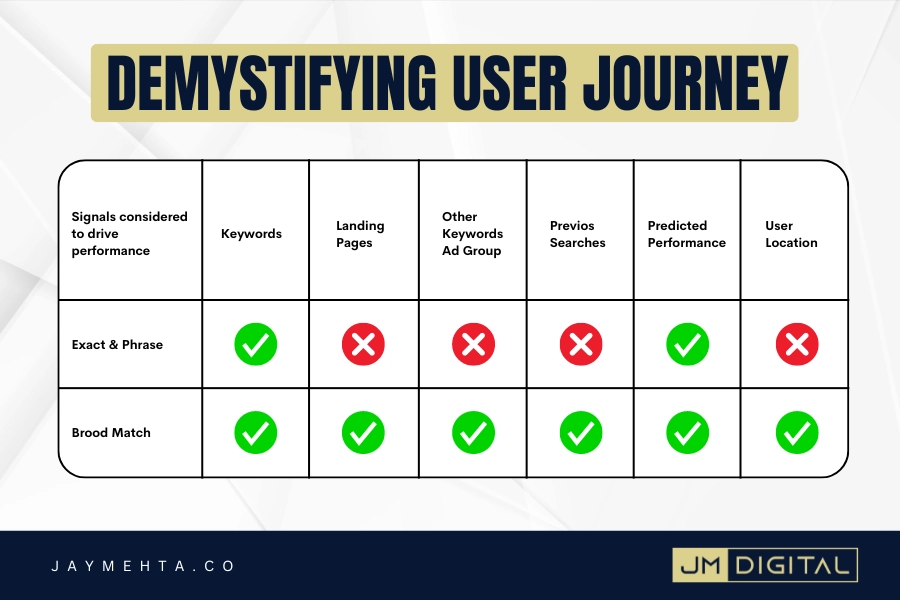
A notable Google statistic reveals that "15% of all searches are new," making Broad Match a strategic choice for maximizing reach while maintaining comprehensive keyword coverage. Although some agencies and advertisers have been wary of Broad Match due to concerns about irrelevant traffic, Google insists that recent improvements have substantially increased its efficacy.
Marketers may have been skeptical about using broad match keywords initially, but their effectiveness has increased significantly with Google's recent improvements. So don't hesitate to try them out and see how they can benefit your business!
Broad Match keywords are now more receptive to various signals:
-
Landing pages associated with your ad groups: Google considers the content of your landing pages to understand the intent behind your keywords.
-
Other keywords within your ad group: Google analyzes related keywords to refine how Broad Match captures relevant searches.
-
User location and previous search history: Google uses this data to gauge user intent and ensure your ads reach the right audience.
-
Strategy Recommendations
-
Collaboration: Work closely with clients to outline a clear lead-to-sale journey.
-
Enhanced Conversions: Implement this feature to relay offline conversion data to Google.
-
Value-based Bidding: Consider strategies like tROAS or Maximize Conversion Value.
-
Broad Match Keywords: Utilize them to tap into maximum traffic potential, encompassing unexpected queries.
-
Refinement: Continuously adjust bidding strategies to anticipate relevant and revenue-driving queries.
-
-
Brand Restrictions for Broad Match Keywords
Google has also introduced Brand Restrictions, allowing branded keywords in Broad Match while restricting traffic to searches related to selected brands or products. This feature functions as an "inclusion" list, differentiating it from negative keyword-based restrictions.
-
The Takeaway?
Broad Match keywords warrant reconsideration. When combined with value-based bidding and Enhanced Conversions, they form a potent lead generation strategy. With the introduction of "Brand Restrictions," Google offers a way to focus on brand-specific searches while reaping the reach advantages of Broad Match.
-
The AI Revolution in Lead Generation: Embrace It or Fall Behind
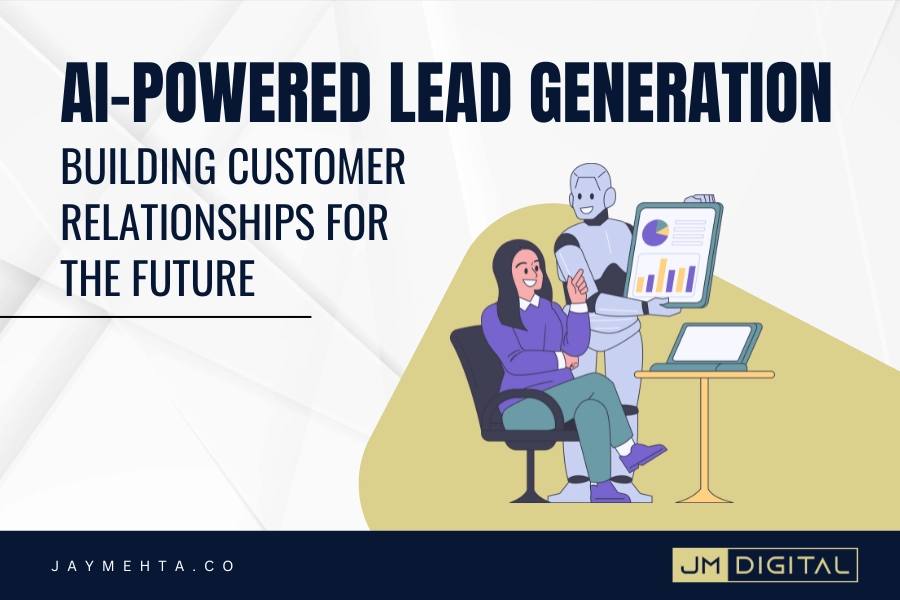
Google has made it abundantly clear: AI is no longer just an option; it's a necessity for lead generation success. Businesses that neglect to incorporate AI tools and automation into their strategies risk being left in the dust.
So, how can AI benefit your lead generation efforts?
-
Expedite Learning and Drive Efficiencies: AI can analyze vast amounts of data to identify patterns and trends, enabling you to learn quickly and optimize strategies on the fly.
-
Multiply Campaign Performance: With AI-powered tools, you can hone your targeting, optimize bidding for optimal conversions, and personalize your outreach. Imagine using AI to pinpoint the most effective ad copy or landing page variations tailored to your audience.
-
Facilitate Data-Driven Decision-Making: AI equips you to make informed decisions based on real-time performance and customer behavior. By analyzing data and offering insights, AI can guide you on which keywords to bid on or which channels to prioritize based on your campaign's performance.
Advertisers Lagging in AI-Driven Automation Risk Falling Behind
The question is no longer whether to incorporate artificial intelligence into your marketing workflow for lead generation but how to do it effectively. The landscape is evolving, and AI should be viewed as a tool, not a threat.
Advertisers, clients, and the broader community must identify areas where AI can enhance business processes. These could include accelerating learning to improve efficiency, enhancing performance, or aiding decision-making.
Exciting developments lie ahead!
Interested in optimizing Google-powered AI for lead generation, setting up offline conversions, or boosting your campaign performance? Contact JM Digital Inc for expert guidance today!
FAQs
Why is it important to map out the entire customer journey, including offline conversions?
Focusing solely on online conversions misses valuable data. Mapping the full journey helps you understand how leads turn into customers and optimize campaigns accordingly.
How can I track offline conversions like phone calls or store visits?
Google Ads offers features like Enhanced Conversions for Leads to track offline conversions using email addresses and phone numbers. You can also manually upload data if automatic tracking isn’t possible.
How do I assign values to different steps in the conversion funnel?
It’s important to consider how much each step you take is worth. For instance, making a phone call might cost $10, while signing up for a course could cost $1000. Google Ads uses this information to focus on actions that bring in the most valuable leads.
What are Enhanced Conversions, and how do they benefit lead generation?
Enhanced Conversions are a way to track offline conversions more effectively. Compared to GCLIDs, they offer a higher chance of matching leads to email addresses and eliminate the need for custom CRM fields.
How do Enhanced Conversions for Leads work?
They leverage hashed email addresses and phone numbers to track conversions for signed-in users across devices.
Are broad match keywords considered risky since they can attract irrelevant traffic?
Google has improved Broad Match by considering more signals like landing pages and user intent. This reduces irrelevant traffic while maximizing reach.
How can I use Broad Match keywords effectively for lead generation?
Combine Broad Match with value-based bidding and refine your strategy based on relevant and revenue-driving searches. Brand Restrictions allow you to focus on brand-specific searches within Broad Match campaigns.
What are some benefits of using AI for lead generation?
AI helps you learn faster by analyzing data and identifying trends. It can also optimize campaigns, personalize outreach, and guide data-driven decision-making.
How can I get started with AI-powered lead generation?
Explore tools like Enhanced Conversions and value-based bidding in Google Ads. Alternatively, consider partnering with us, a marketing agency specializing in AI-driven marketing strategies, to elevate your campaigns to the next level.

